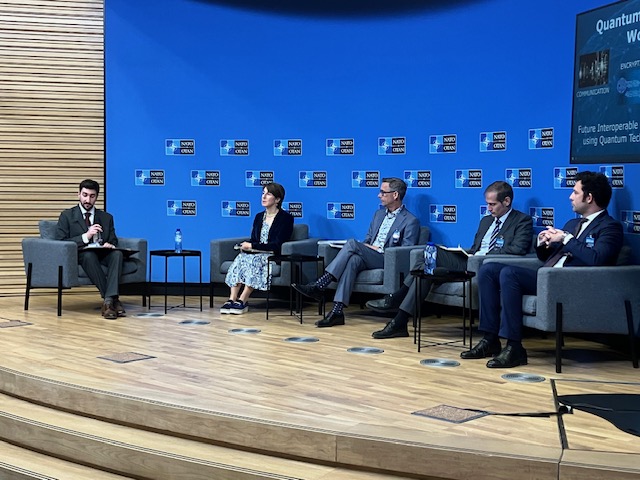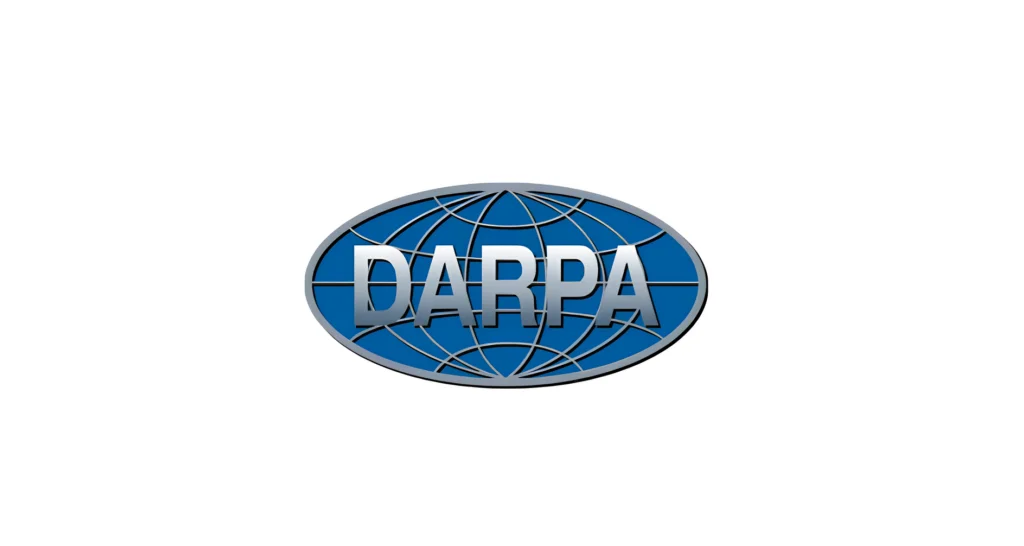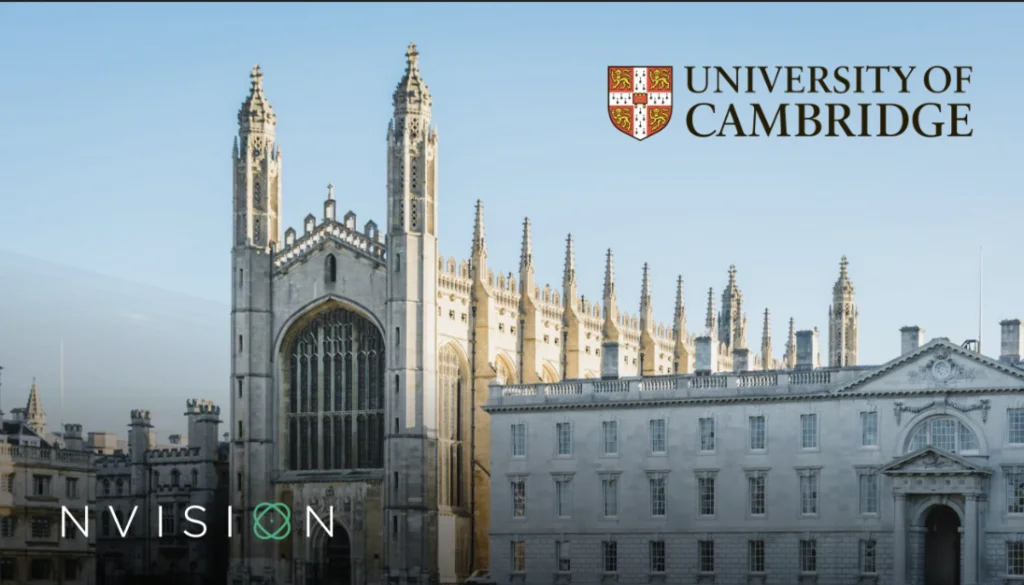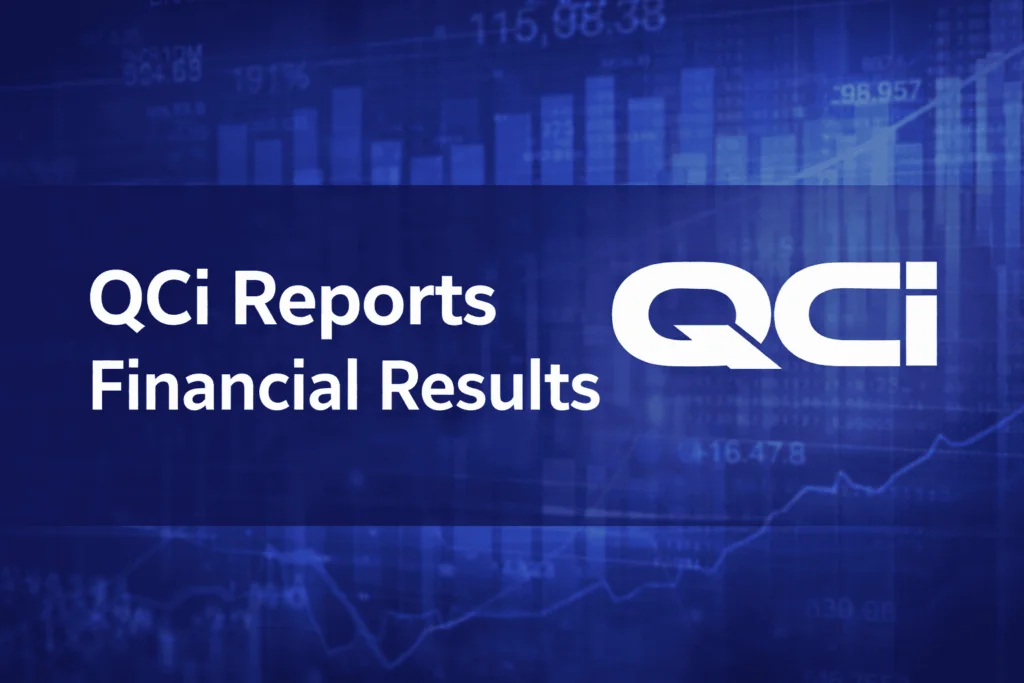The day Russian tanks rolled into Ukraine the infamous 2019 words of President Macron – NATO is ‘brain dead’ – were crushed under its tracks. President Putin failed to conquer Ukraine. He succeeded in reinvigorating NATO, both geopolitically and technologically.
Evidence of the latter was clear over a couple of brainstorming days to define NATO’s Quantum Strategy. Your columnist joined entrepreneurs, academics, military suppliers and NATO personnel at the Niels Bohr Institute in Copenhagen and at NATO headquarters in Brussels to give their input to the strategy document, due to be published this autumn.
The Alliance is thriving on the strong justification of its defensive purpose, with Finland a new member, Sweden in the waiting room, and even historically neutral Ireland reconsidering its stance on not joining NATO in a consultative forum this month.
What Mark Leonard, Director of think tank ECFR calls ‘The Age of Unpeace’ – of submarine incursions to map infrastructure, cyberattacks on national health services that cannot be traced to a state actor, political destabilisation through social media – is a persistent reminder of the threats.

As a result, NATO has accelerated its move into what it calls Emerging and Disruptive Technologies (EDT), with strategies on everything from AI to Space and Quantum. It aims to leverage its convening power to foster innovation and ensure the West and its allies like Australia and Japan retain a technological lead, a strategy called Foster and Protect.
At the April 2022 Foreign Ministers’ meeting, it approved a charter for the Defence Innovation Accelerator for the North Atlantic (DIANA) with its initial test centre and accelerator sites. Additionally, 22 member states agreed to participate in the €1bn NATO Innovation Fund, the first multi-sovereign venture capital fund, which is set to make its initial investments at the end of 2023.
The US Department of Defense is currently seeking permission from Congress to join it. Its quasi-threatening wording reveals how strategically significant the DOD sees this area: “Allowing the US Department of Defense to participate in the NATO DIANA initiative would support implementation of some important elements of the NATO agenda. Absent new statutory authority enacted as a result of this critical legislative proposal, the United States will not be able to participate in DIANA or other vital, successor, jointly-funded NATO R&D programs.”
An added sense of urgency comes from the recent take off in generative AI, set to transform the world, amid warnings about its capacity for harm to the point of human extinction.
There is a similar narrative to quantum technologies. They are currently only making a difference at the margin in, for instance, optimising supply chains or the preventive maintenance of machines. However, as the science advances, and an estimated $36bn in investments from governments, plus the private sector piles in, the probability of radical breakthroughs rises.
These range from quantum computers that could break encryption – the issue that gathers the most column inches – to quantum sensors that might detect, say, the UK’s Trident Submarine armed with its nuclear weapons.
One of the most interesting aspects of quantum is the cross over between military and civilian uses – quantum sensors for situational awareness use the same technology as those used for medical diagnosis, for instance making them profitable on various fronts. Four industries (automotive, chemicals, financial services and life sciences) are likely to see the earliest impact from quantum computing with gains of up to $1.3 trillion in value by 2035,when the industry is expected to reach maturity, according to McKinsey.
This harks back to the civilian benefits accruing from DARPA, the US defence think tank which originally invented the internet mainly so that satellites could communicate. We are only at the starting line in understanding how quantum technologies will be used to change the world.
What is clear is that NATO and its partners need to focus on four areas in their bid to maintain advantage.
Firstly, support the commercial ventures which are driving development. In the US, around $4bn of public money (excluding classified military investments) is going into quantum, and a close equivalent of $3.7bn in private funding, while there are over 310 startups, as well as blue chip behemoths like Google and IBM involved.
Focus on near-wins to help propagate quantum literacy, as well as encourage funding of the industry. Quantum sensing is among the most promising technologies, with companies from Bosch to Multiverse Computing working on the hardware and software, respectively. The September 22 bombing of the Nord Stream gas pipelines is a clear user case: our current sensors do not have the capacity to detect a coin-sized hole through which gas escapes from 5km away. Quantum sensors are likely to be able to once further developed, while also being an independent back up for GPS. Our infrastructure, including smart phones, is dependent on the global navigation satellite systems and therefore rendered vulnerable.
Keep clarity on regulation. The National Institute of Standards and Technology (NIST) in the US is developing a framework for quantum cybersecurity standards, due out in 2024. Regulation from bodies like this one, or the European Union Agency for Cybersecurity (ENISA), are the only way to force firms to invest in quantum risk reduction because many currently baulk at spending funds and management time when they lack a sense of urgency.
Lastly, use NATO’s soft power to bolster cooperation among friendly nations, be it through helping finance international consortiums in quantum or simply using its convening powers to bring together participants. The Alliance has a crucial, unifying role to play in an era of national industrial competition, with export controls harming allied members as well as enemy countries.
You can’t plan an epiphany, but that is exactly what we have had in AI. We must be better prepared for a quantum leap, and NATO has a key role to play.
——————
Karina Robinson is CEO of Redcliffe Advisory, Founder of The City Quantum Summit and Senior Adviser to Multiverse Computing. This Comment does not represent NATO policy.
If you found this article to be informative, you can explore more current quantum news here, exclusives, interviews, and podcasts.














